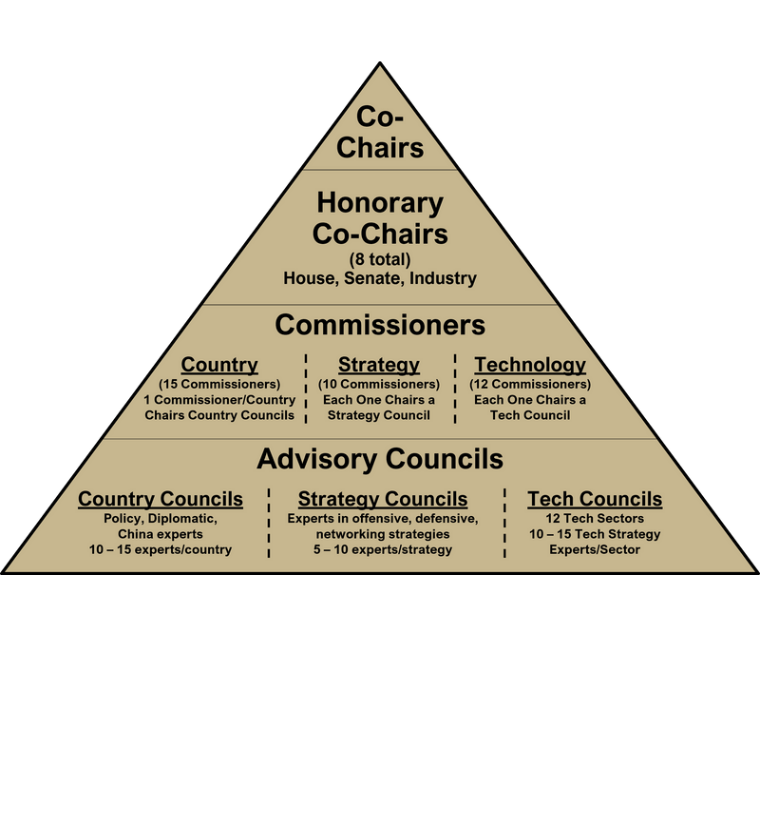Co-Chairs
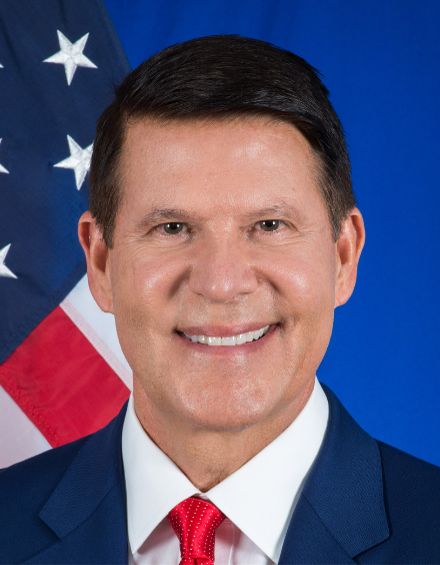
The key to securing freedom for the next generation is securing technology. Tomorrow’s tech must be trusted tech developed and protected by a Global Trust Network of like-minded countries, companies, and individuals who respect the rule of law, human rights, labor practices, national sovereignty, and the environment.
View Detail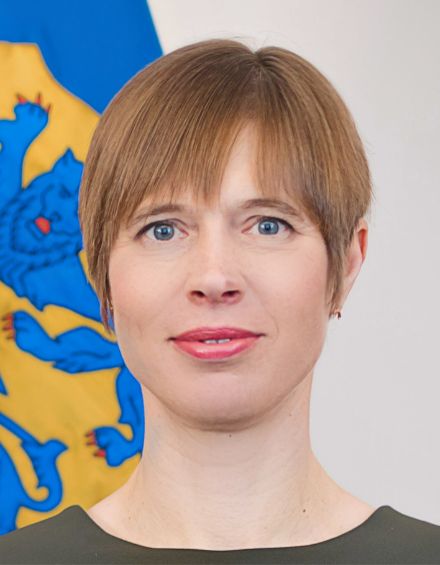
We will win. But for us to safely mine the technology pool created by the great minds of our private sector companies, we have to have standards, agreements. Nobody must be able to blow up what we trust in technology, and for that indeed we need the Global Tech Security Commission.
View DetailHonorary Co-Chairs

“The Global Tech Security Commission is an important effort to support our national defense and secure American prosperity against our great power competitors in the tech domain,” said Senator Ernst. “The Commission’s work will provide a roadmap for America’s present-day and next-generation workforce to develop, employ, and secure critical technologies.”
View Detail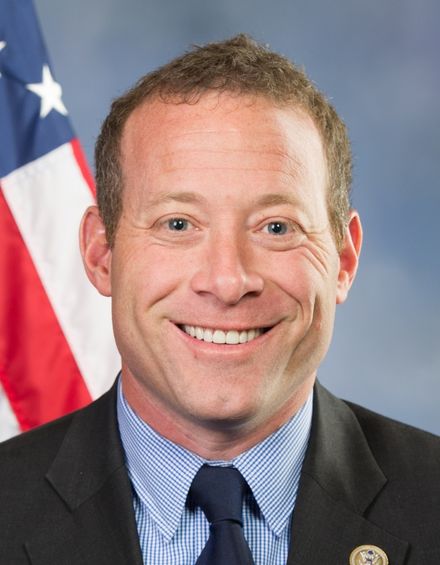
“As the United States incentivizes investments in emerging technologies, we must ensure that our advances are not undermined by domestic threats or anti-democratic, authoritarian regimes like those in China, Russia, and Iran. These foreign adversaries have made it clear that they are willing to leverage technology to breach United States institutions, steal intellectual property, collect data on American citizens, and access the systems that control our critical infrastructure…”
View Detail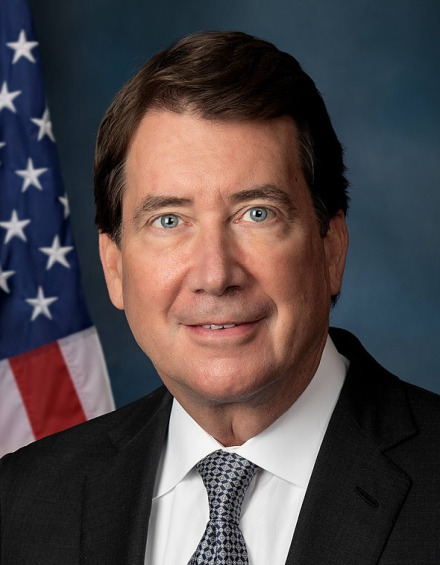
“The Chinese Communist Party and other authoritarian regimes are leveraging critical and emerging technologies in order to challenge freedom and security around the world. The 21st century will therefore largely be defined by how the United States and our partner nations respond to these grave and gathering threats. I commend the Global Tech Security Commission for developing a global strategy for technology security that meets these rising challenges…”
View Detail
“I am proud to be an honorary co-chair of the GTSC. I greatly appreciate the visionary leadership of my fellow former Under Secretary of State, Keith Krach, as the GTSC engages in the critical and urgent work of developing a global strategy for combating techno-authoritarianism and building ties of technological trust…”
View Detail
“Countering the Chinese Communist Party’s techno-authoritarianism by developing and harnessing advanced technology is one of the critical challenges of our time. I am proud to join the nonpartisan Global Tech Security Commission as an honorary co-chair to work to address this challenge…”
View Detail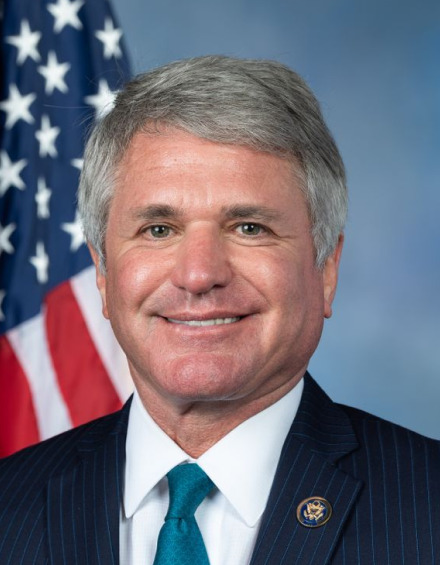
“Technology will determine whether America remains a leading superpower or is eclipsed by authoritarians, like the Chinese Communist Party. It is essential for the United States to lead in technology modernization in critical sectors and protect the know-how, manufacturing capability, and capital for these vital technologies from supporting our rivals…”
View Detail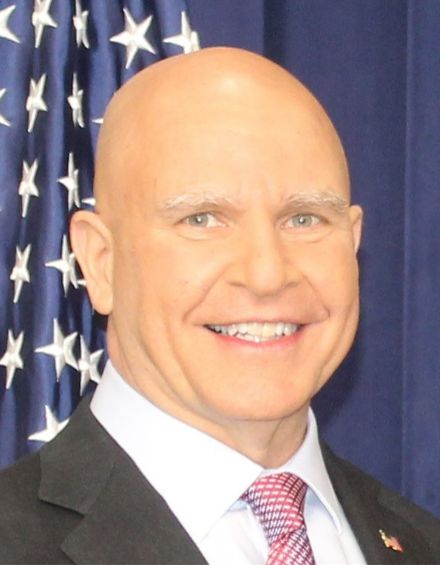
As the authoritarian regime of the Chinese Communist Party is becoming more aggressive and pursues differential advantages over the United States and our allies, it is vital that we develop and apply critical technologies to preserve peace through strength. We must also protect technologies and intellectual property from state-based espionage. I look forward to serving as Honorary Co-Chair of the Global Tech Security Commission and supporting the commission’s noble mission of protecting our nation and our allies and safeguarding freedom through trusted technology.
View Detail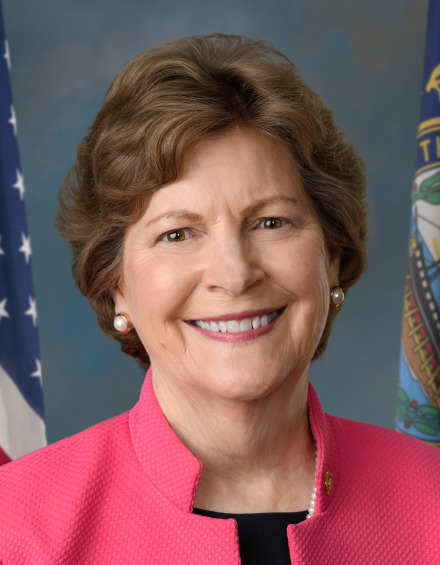
“I appreciate the opportunity to join lawmakers from both chambers and both sides of the aisle to serve as an honorary co-chair on the Global Tech Security Commission. As policymakers, our actions are guided by the most up to date and accurate information available, as we look to counter China’s escalating aggression against Taiwan and democracies worldwide, and its expansive influence in our global market…”
View Detail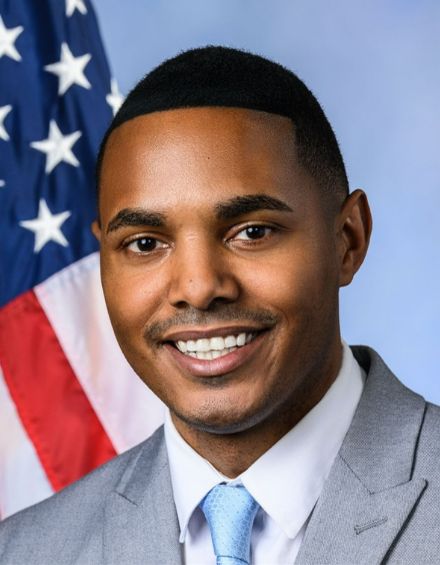
It is critical that the United States sends a powerful message of strength to the global community, especially in the face of global challenges posed by the Chinese Communist Party. I’m looking forward to joining the team at the Global Tech Security Commission to advise efforts to amplify this vital national security message. My work on the House Select Committee on the Strategic Competition Between the United States and the Chinese Communist Party supports our nation’s critical mission to deter violations of American sovereignty and transnational aggression by the CCP on our soil.
View Detail
“When focused on protecting civil rights, consumers, and democracy as a whole, advanced technologies like artificial intelligence and biomedical engineering can be used to solve some of the most daunting challenges humanity faces. It is critical that the United States work with our partners and allies to deploy these emerging technologies responsibly, secure our supply chains, and prepare our workforce. Failure to do so will pave the way for Chinese influence that could threaten human rights around the globe.”
View Detail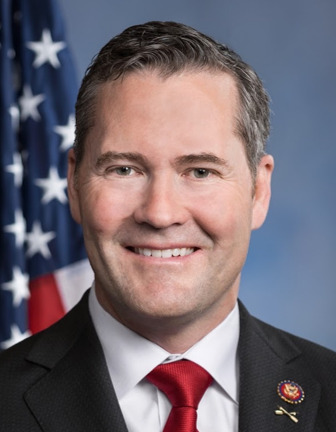
“It’s critical to our national security that we come together to develop solutions to counter the Chinese Communist Party’s technological rise. I’m thrilled to serve alongside fellow lawmakers on the Global Tech Security Commission to ensure we deliver recommendations that can be applied by both our government and allies around the world to ensure democracies maintain a technological edge and safeguards freedom over authoritarian adversaries.”
View Detail
“In the 21st century, a top challenge will be countering authoritarian and adversarial governments. It is crucial that we continue to build on American advancement in technology and security and I look forward to working with the Global Tech Security Commission to continue this important work.”
View Detail
“I’m honored to serve on the Global Tech Security Commission with my friend Keith Krach, my colleagues in Congress, and other national security leaders. I look forward to working with this Commission on a variety of issues critical to preserving America’s global leadership in science and technology. We have a national security imperative to ensure the United States doesn’t fall behind our adversaries in technological innovation.”
View DetailCommissioners
ERIK BETHEL
Fmr U.S. Executive Director, World Bank; Managing Partner, Quad Fund
Commissioner for Financial Technologies (Fintech)
MATT BLUNT
54th Governor of Missouri; President, American Automotive Policy Council
Commissioner for Autonomous and Electric Vehicles
THE HON. TODD CHAPMAN
Fmr U.S. Ambassador to Brazil and Ecuador
Commissioner for Diplomacy
DANIEL DELAURENTIS
Professor of Aeronautics and Astronautics, Purdue University
Commissioner for Hypersonics
HARRIS DIAMOND
Fmr Chmn & CEO McCann Worldgroup; Fmr CEO, Weber Shandwick
Commissioner for Media
JEFF EPSTEIN
Fmr. Oracle CFO; Partner, Bessemer Ventures
Commissioner for Venture Investing
FRANK FANNON
Fmr Assistant Secretary of State (Energy Resources)
Commissioner for Clean Energy and Electrical Grids
DAVID FOGEL
Fmr Chief of Staff Export-Import Bank; CEO NCSS
Commissioner for Development Finance
ANDY GEISSE
Fmr CEO, AT&T Business Solutions; Operating Partner, Bessemer Venture Partners
Commissioner for Data/Cyber
DANIEL GOLDIN
Longest-Serving Former NASA Administrator (’92 to ’01)
Commissioner for Space Technologies and Systems
ANDREI IANCU
Fmr Under Secretary of Commerce for Intellectual Property
Commissioner for Innovation and IP Protection
COREY JOHNSTON
Head of Strategy, Strider Technologies; Ret. U.S. Navy Captain;
Commissioner for Economic Security
RICHARD KANG
Founder & CEO, Prism Global; Fmr Head of Global Strategy, MTV Networks
Commissioner for Outbound Investment
JAMES KIM
CEO, American Chamber of Commerce in Korea; Fmr CEO of Microsoft Korea & GM Korea
Commissioner for South Korea
MICHAEL KRATSIOS
Fmr US Chief Technology Officer; Fmr Under Secretary of Defense
Commissioner for Logistics
GREG LEVESQUE
Co-Founder & CEO, Strider Technologies
Commissioner for Military-Civil Fusion
TOM LUPFER
President & Founder, Clarity Design, Inc.
Commissioner for Advanced Manufacturing and Robotics
C. J. MAHONEY
Former Deputy United States Trade Representative; Vice President and Deputy General Counsel, Cloud + AI, Microsoft
Commissioner for Investment Screening
DAN NEGREA
Fmr Special Representative, U.S. State Department, Economic Bureau
Commissioner for Prosperity Partnerships
GREG NELSON
Fmr Sr. VP of Microsoft; Board of Directors, Opportunity Intl.
Commissioner for Micro-Lending
NAZAK NIKAKHTAR
Fmr Assistant Secretary of Commerce, Industry & Analysis, International Trade Administration
Commissioner for Export Controls
JOHN O’CONNOR
Chairman & CEO, J.H. Whitney Investment Management; Fmr Exec Partner JP Morgan
Commissioner for Board Strategy
ROGER W. ROBINSON JR.
Frm Sr. Director, NSC; Frm Chairman U.S.-China Economic & Security Commission
Commissioner for Capital Markets
JIM SCHWAB
Fmr Director of Strategy & Solutions, U.S. Dept of State; Founding Partner, Crimstone Partners
Commissioner for Supply Chains
HARSH SHRINGLA
Fmr Indian Ambassador to US
Commissioner for India
IAIN DUNCAN SMITH
UK Parliament, Leader of the Conservative Party
Commissioner for United Kingdom
ROBERT SPALDING
Ret. General USAF; Founder and CEO, SEMPRE.ai
Commissioner for 5G and 6G
DAVID SPIRK
Fmr Chief Data Officer, USSOCOM, US DOD; Sr Counselor, Palantir
Commissioner for Artificial Intelligence and Machine Learning
DAVID STILWELL
Ret. General USAF; Fmr Assistant Secretary of State (Asia)
Commissioner for Defense
HENRY STOEVER
Principal, Brentwood Advisory Group; Former President and CEO, Association of Governing Boards of Universities and Colleges (AGB); Former CMO, National Association of Corporate Directors (NACD)
Commissioner for Education
ROB STRAYER
Fmr Deputy Assistant Secretary of State (Cyber & Intl. Comms Policy)
Commissioner for Lawfare
AUDREY TANG
Minister of Digital Affairs of the Republic of China (Taiwan)
Commissioner for Taiwan
JAKE TAYLOR
Fmr Assistant Director for Quantum Information Science and founding Director of the National Quantum Coordination Office, White House Office of Science and Technology Policy
Commissioner for Quantum and Advanced Computing
TADAO YANASE
Sr. EVP, NTT; Frm Vice Minister of METI; Exec Secretary to Prime Ministers Aso & Abe
Commissioner for Japan
MILES YU
Principal China Policy Advisor to U.S. Secy. of State; Professor, U.S. Naval Academy
Commissioner for China Expertise
Featured Links
Contact Us
Feel free to get in touch. We’re happy to answer questions or hear your feedback.
Learn More